PhD Student: Katie Ross
Category : #WeAreEmoryEPI
For this week’s #IamEmoryEPI, we caught up PhD student Katie Ross!
Tell us where you went to school:
I did my undergrad in Public Health from the University of Miami in 2015. I got my MPH in Epi from RSPH in 2017, and I am now a PhD student (still in Epi!).
What are your primary research interests?
I am interested in health services research and social epidemiology. I work with Dr. Rachel Patzer on improving access to transplantation for patients with end-organ failure in the United States.
What did you do this past summer?
I spent most of the summer traveling to conferences and working on my dissertation. However, I did get to spend two weeks in Banff, which rocked!
You recently were awarded the Anoopa Sharma Award! Can you tell us a little bit about that?
The Anoopa Sharma Award for Excellence in Epidemiologic Research is given in honor of Anoopa Sharma, a PhD student in the Epidemiology department who passed away in the first year of her program. You can find out more about Anoopa and her legacy here: http://anoopasharmachildrensfoundation.blogspot.com/.
What is your favorite part about your PhD program at Emory?
Everyone – including faculty, fellow students, and the department – is dedicated to helping each other and creating a supportive environment.
Do you have any advice for future PhD students?
When choosing an advisor, look for someone who is kind, uplifting, and willing to mentor you as both a scholar and a person. Don’t be afraid to ask questions or admit you don’t know something. Take care of yourself – you can’t pour from an empty cup!
What are three fun facts about yourself?
- I moved 9 times before I graduated from high school (Air Force brat)
- I got scuba certified in college and try to go as often as possible.
- Last year, I adopted a cat who turned out to be a dog (plays fetch, greets us at the door, loves belly rubs)

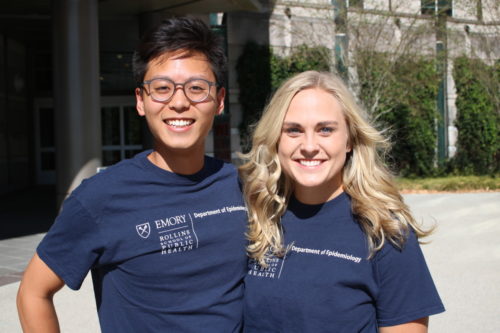

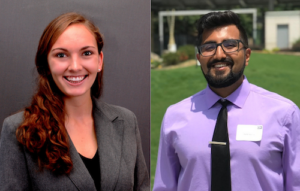


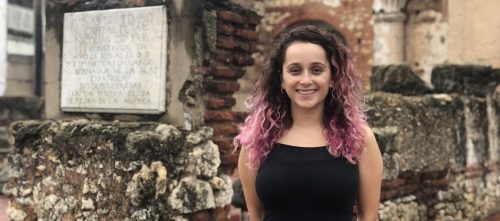

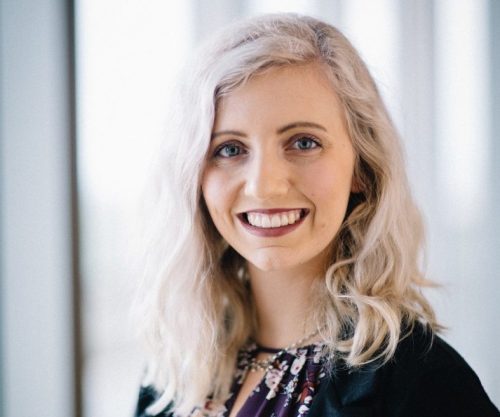
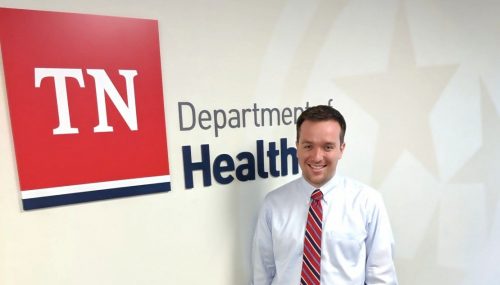
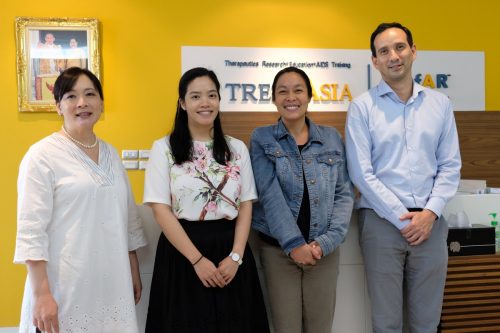
Recent Comments